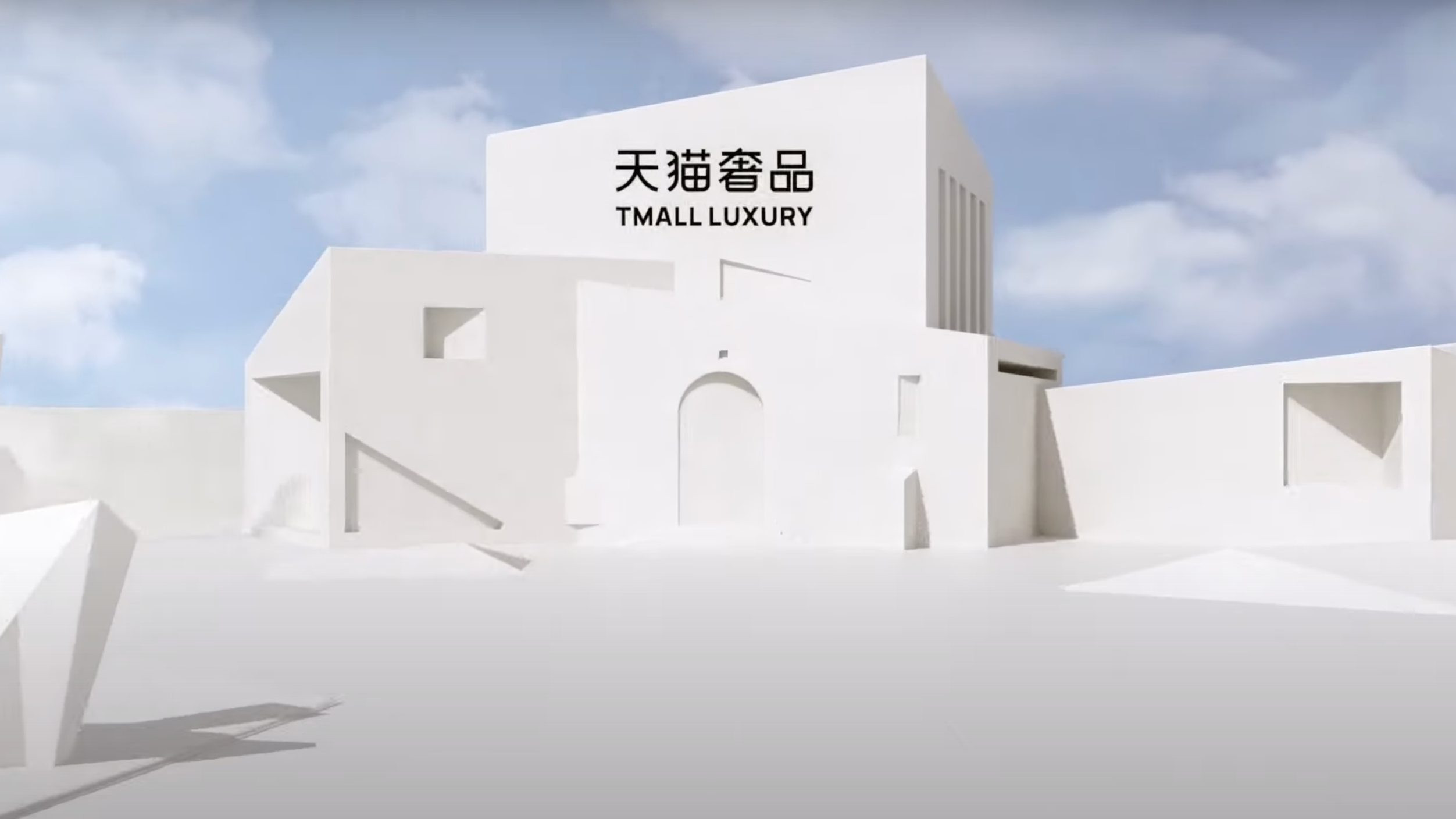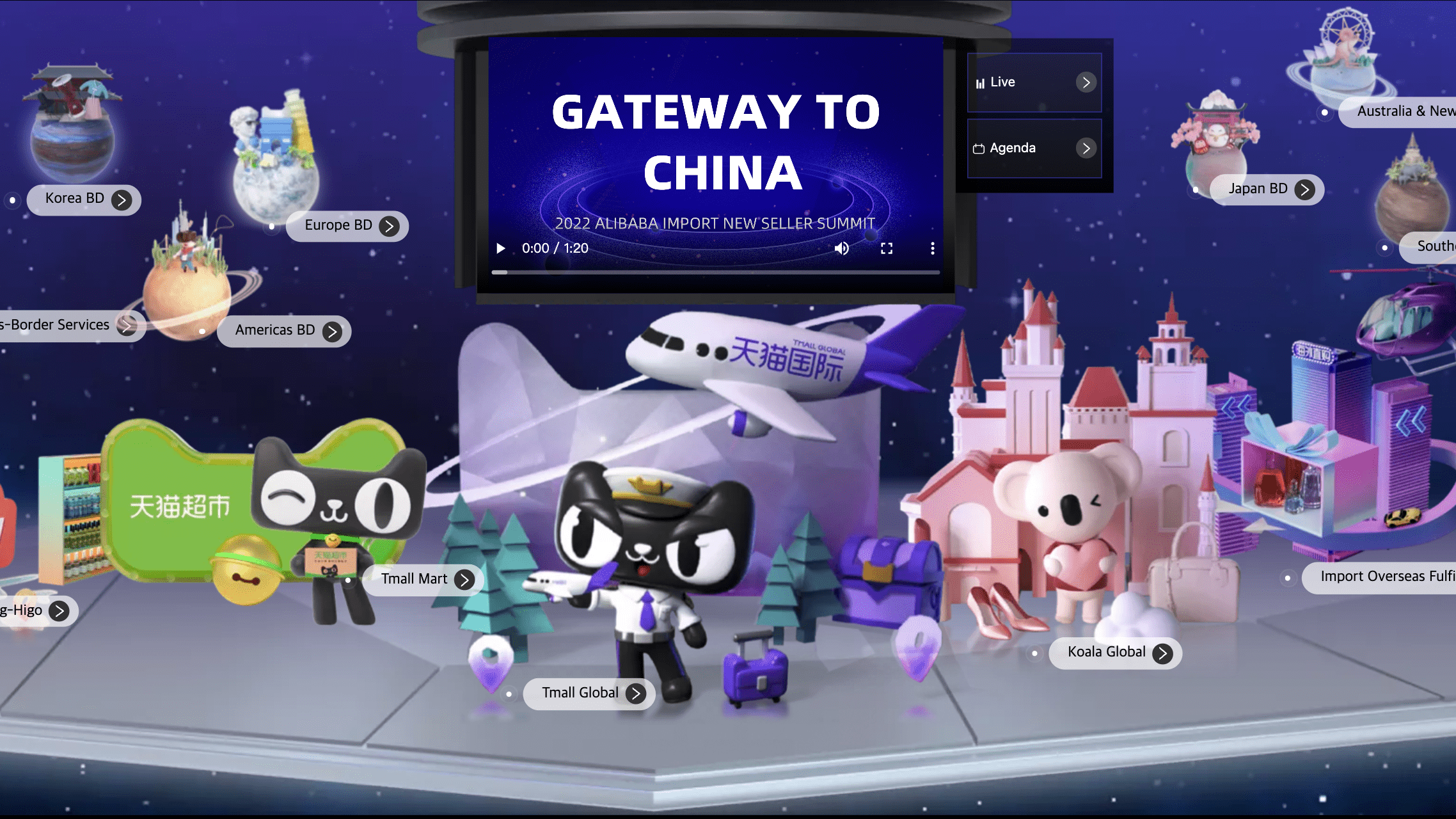At its peak, Alibaba accounted for 80 percent of the Chinese e-commerce market. That’s because it didn’t have to “capture” the market — it had to create it. The latest numbers look very different, with Alibaba-owned Taobao and Tmall coming in together at 53 percent. With that in mind, let’s get some facts out of the way.
The first is that Alibaba is often, and not without reason, seen as a proxy for customer spending in the Chinese economy. As lockdowns ravaged the economy, the e-commerce giant’s growth flatlined for the first time ever.
The second is that Alibaba is facing incredible competition from all sides, notably from short video platforms. While the giant’s growth decelerates, Douyin e-commerce GMV tripled last year. That hurts.
Lastly, the legacy of the lockdowns is still being written. The lockdowns were so often repeated as to almost become a tedious truth, especially after three years of the same thing. Although the situation has eased and economic recovery has begun, the shadow of the pandemic looms large.
In 2022, Alibaba CEO Daniel Zhang designated “fixed” (定) as the company’s word of the year, indicating its focus on survival in a challenging macroeconomic climate. But in 2023, things are looking up. Borders are open and Alibaba’s word of 2023 is “move forward” (进). Let’s delve in.
Doubling down on experiences#
In many ways, Alibaba is still considered the gold standard for traditional e-commerce, but it has transitioned from pioneer to establishment. While Taobao and Tmall may not be the newest kids on the block, they are no “old man yells at cloud” either.
When it was just competing with fellow straightforward e-commerce competitor JD.com, Alibaba was fine. But now the competition’s existential. The user’s attention has been chipped away by cutthroat competition in the form of content-first platforms. The playing field is uneven. How can a how-to guide on home gadgets (Taobao) compete with videos of cute kittens (Douyin)? The giant needs to figure that out, and so far its answer has been to fight fire with (slightly modified) fire.
All that to say, one of Alibaba’s key strategies is to optimize the user experience. For consumers, that means providing richer and more diverse experiences, and arming merchants with the corresponding tools to do so. That’s been manifested on the app’s home screen, where the proportion of short videos doubled from 7 percent to 15 percent last year. Tmall Luxury Pavilion certainly reflects this as well with AR trial fittings, 3D store displays, one-on-one video consultants and more.

One of the boons of traditional e-commerce is that it allows the platform to hone in on building more diverse experiences. The tech leader has done so in the past through metaverse experiences, such as its 11.11 Taobao app called “Future City” where consumers could walk through a commercial street featuring built-in display screens with livestream broadcasts and virtually walk inside stores owned by the likes of Estée Lauder and Coca-Cola. And there is more. Taobao is allegedly finalizing tests to launch its first metaverse livestreaming product, which is set to go live during the upcoming Chinese New Year shopping festival.
Just last November, Tmall Luxury Pavilion launched a virtual influencer named Timo and a digital exhibition space to help showcase luxury brands’ digital collectibles. The unique collectibles can be purchased by buying the corresponding physical products. So far, 27 luxury brands have partnered up, with about 40,000 collectibles in circulation.

And as far as unique collectibles go, Alibaba could have a leg up on its competitors. In 2023, Alibaba Cloud will launch its first own Blockchain Node Service. What this means is that Alibaba Cloud will be able to offer the platform and tools that developers need to break into the Web3 market. If you were to speculate, you might think that Alibaba could use this to provide further integration for Web3 and brands on its ecommerce platforms.
Consumer spending will be boosted by the COVID recovery#
The government is signaling, if not an end, at least an easing of the recent crackdowns on tech. A senior economic official said that as part of an effort to stimulate consumer spending, future policies would provide support to sectors such as property and internet companies. This could provide relief for Alibaba which has been hit by waves of fines in recent years. The ship didn’t sink, but the sea was definitely rougher.
Another big upside is that global executives will be able to fly into China again. Their exodus cannot be undervalued, as the connection between global HQs and the Chinese market had been severed for over three years. The rupture will start to heal this year as executives cautiously enter and redirect their attention to the country, perhaps as part of local governments’ hopes to woo more foreign investors. In mid-December, a Shanghai official held a meeting with the president and CEO of the Estée Lauder group. Top luxury brands are on track to maintain their strong growth in China in 2023, according to luxury consultant Andrew Cai.
What’s certain is that the beginning of 2023 will remain tough. Infection rates have perhaps peaked but consumers and brands alike will require an adjustment period before the situation normalizes. When it does, Alibaba will be one of the companies to reap the fruits. But so will its competitors.


